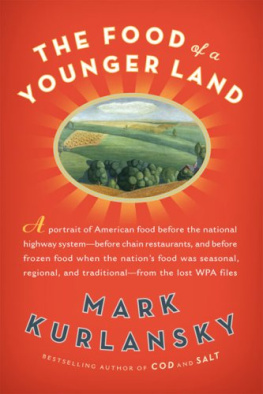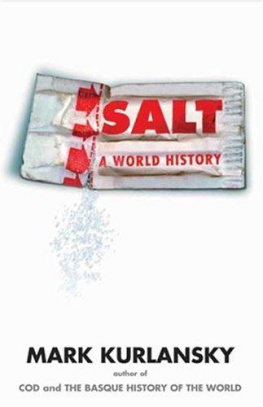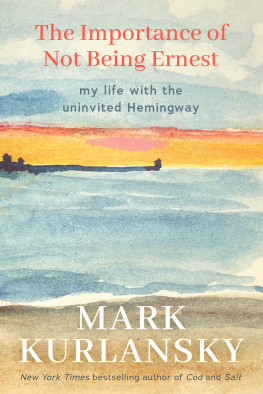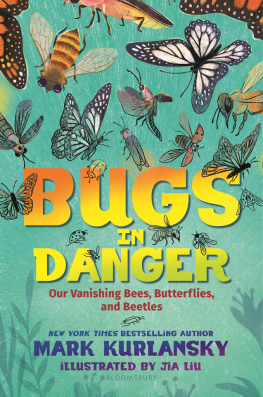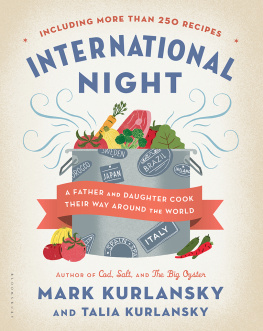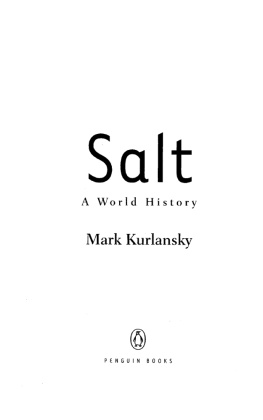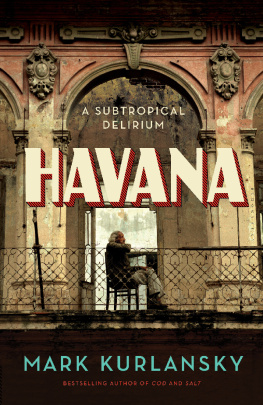Mark Kurlansky - The Unreasonable Virtue of Fly Fishing
Here you can read online Mark Kurlansky - The Unreasonable Virtue of Fly Fishing full text of the book (entire story) in english for free. Download pdf and epub, get meaning, cover and reviews about this ebook. year: 2021, publisher: Bloomsbury Publishing, genre: Art. Description of the work, (preface) as well as reviews are available. Best literature library LitArk.com created for fans of good reading and offers a wide selection of genres:
Romance novel
Science fiction
Adventure
Detective
Science
History
Home and family
Prose
Art
Politics
Computer
Non-fiction
Religion
Business
Children
Humor
Choose a favorite category and find really read worthwhile books. Enjoy immersion in the world of imagination, feel the emotions of the characters or learn something new for yourself, make an fascinating discovery.

- Book:The Unreasonable Virtue of Fly Fishing
- Author:
- Publisher:Bloomsbury Publishing
- Genre:
- Year:2021
- Rating:5 / 5
- Favourites:Add to favourites
- Your mark:
- 100
- 1
- 2
- 3
- 4
- 5
The Unreasonable Virtue of Fly Fishing: summary, description and annotation
We offer to read an annotation, description, summary or preface (depends on what the author of the book "The Unreasonable Virtue of Fly Fishing" wrote himself). If you haven't found the necessary information about the book — write in the comments, we will try to find it.
The Unreasonable Virtue of Fly Fishing — read online for free the complete book (whole text) full work
Below is the text of the book, divided by pages. System saving the place of the last page read, allows you to conveniently read the book "The Unreasonable Virtue of Fly Fishing" online for free, without having to search again every time where you left off. Put a bookmark, and you can go to the page where you finished reading at any time.
Font size:
Interval:
Bookmark:
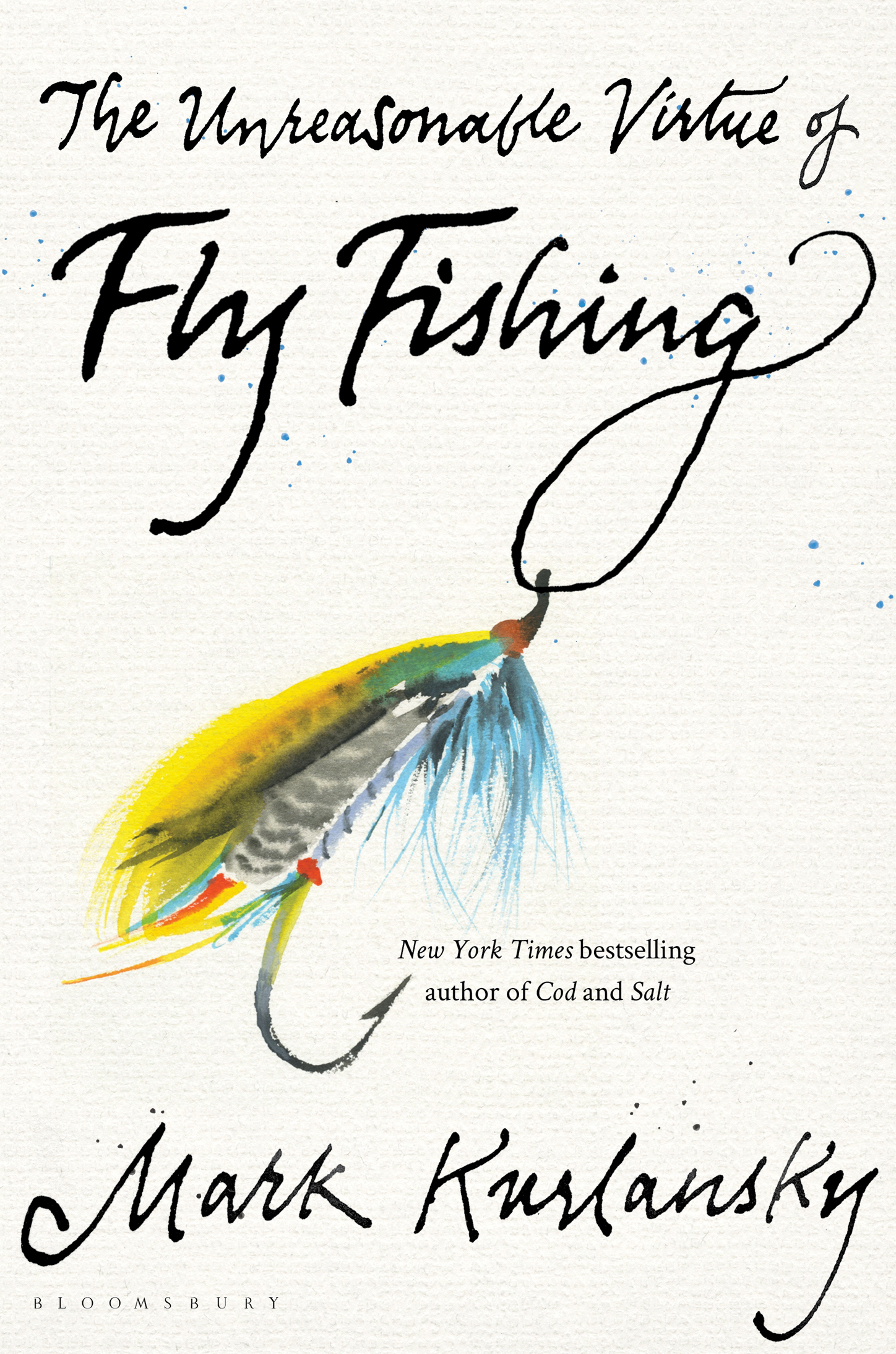

To Talia Feiga, my fishing buddy
BY THE SAME AUTHOR
Nonfiction
Salmon: A Fish, the Earth, and the History of Their Common Fate
Milk!: A 10,000-Year Food Fracas
Havana: A Subtropical Delirium
Paper: Paging Through History
International Night: A Father and Daughter Cook Their Way Around the World
Ready for a Brand New Beat: How Dancing in the Street Became the Anthem for a Changing America
Birdseye: The Adventures of a Curious Man
Hank Greenberg: The Hero Who Didnt Want to Be One
What? Are These the 20 Most Important Questions in Human Historyor Is This a Game of 20 Questions?
The Eastern Stars: How Baseball Changed the Dominican Town of San Pedro de Macoris
The Food of a Younger Land: A Portrait of American Food from the Lost WPA Files
The Last Fish Tale: The Fate of the Atlantic and Survival in Gloucester, Americas Oldest Fishing Port and Most Original Town
The Big Oyster: History on the Half Shell
Nonviolence: A History of a Dangerous Idea
1968: The Year That Rocked the World
Choice Cuts: A Savory Selection of Food Writing from Around the World and Throughout History
Salt: A World History
The Basque History of the World
Cod: A Biography of the Fish That Changed the World
A Chosen Few: The Resurrection of European Jewry
A Continent of Islands: Searching for the Caribbean Destiny
Fiction
City Beasts: Fourteen Stories of Uninvited Wildlife
Edible Stories: A Novel in Sixteen Parts
The Belly of Paris by mile Zola: A New Translation with an Introduction by Mark Kurlansky
Boogaloo on 2nd Avenue: A Novel of Pastry, Guilt, and Music
The White Man in the Tree and Other Stories
Children/Young Adult
Frozen in Time: Clarence Birdseyes Outrageous Idea About Frozen Food
Battle Fatigue
World Without Fish
The Story of Salt
The Girl Who Swam to Euskadi
The Cods Tale

CONTENTS
My father was very sure about certain matters pertaining to the universe. To him all good thingstrout as well as eternal salvationcome by grace and grace comes by art and art does not come easy.
NORMAN MACLEAN, A RIVER RUNS THROUGH IT
Theres no one more silly than a fisherman.
MEGAN BOYD, RENOWNED SCOTTISH FLY-TIER
He was fond of angling, and seemed proud of being able to like such a stupid occupation.
LEO TOLSTOY, ANNA KARENINA
Stepping into the Big Wood River on a winter day, I feel the current wrap around my legs like the embrace of an old friend. That an icy river can have a warm embrace is one of natures ironies.
Ernest Hemingway fished the Big Wood River and even chose its bank as the place to die. He understood. Tolstoy, who understood so much about human nature, just didnt understand, or at least he created a character who didnt.
In Anna Karenina , he wrote of two brothers who were wealthy landowners. To the first brother, there was nothing better than working in the fields. He could not understand why the other wanted to go off and fish for perch. At the end of the day, he would meet up with the second brother and be mystified at how happy that brother was after fishing all day even though he hadnt caught a single fish.
It is not an uncommon divide: the one who fishes versus the one who doesnt. The one who does can never explain the urge to the one who doesnt.
Every winter in central Idaho while the smart set is gliding down the mountains of Sun Valley experiencing their own version of exhilaration, I make my way down snowy banks into the freezing Big Wood River in the hopes that a large and handsome rainbow trout will pull on my fly. There are days when I catch a dozen fish and days when I catch none, but I always return to town filled with the sense of peace that comes after having had a great day. If I catch no fish, if my fingers are so cold that they have turned bright red and no longer workno matter. Any day spent fishing on a wintry river is a great day. How is it possible that someone who could write Anna Karenina couldnt see that?
It was my interest in the Basques that first brought me to central Idaho, to the town of Ketchum. Earlier in my career, I had written a book about the Basques and spent much time in their homeland, which in their language is called Euskal Herria, in northern Spain and southwestern France. The Basques herd sheep on their farms, which is what had brought them to central Idaho a century before I arrived.
The practice of bringing outsiders into the rugged, remote mountains near Ketchum to herd sheep had begun in the nineteenth century, when local sheep producers brought in Scots, because, due to the expansion of the cattle industry, there were not enough shepherds to tend to the areas huge flocks. The sheep industry was replacing mining in central Idaho. Scots knew something about tending sheep, but soon they assimilated and educated their children, who became economically successful in other fields or moved back to a newly industrialized Scotland. At this same time, in the beginning of the twentieth century, Basque farms in Europe, especially on the French side, were in crisis, and so the Idaho community was able to lure Basque farmers, who also knew something about sheephousing the farmers in a building in Greenwich Village in New York until a suitable flock for them to tend could be found and they were placed on westbound trains. The Basques then went the way of the Scots, building a large, successful community in central Idaho, and in the late twentieth century the Peruvians were brought in.
Because of my Basque connection, I was asked to speak at the sheep festival held every fall in Ketchum. My wife and daughter came with me, and all three of us were immediately taken by the areas semi-wilderness. We decided to return in the winter for some world-class skiing, oddly forgetting that we were not world-class skiers. I liked cross-country, and had skied a few mountains in far tamer Vermont, but was not fond of riding a chair or gondola to a mountaintop, rushing down, and riding back up again. It seemed to me that the greatest moment in skiing was when you finally got to take off your boots.
I skied a little during our first winter in Idaho, but then I was told that there is winter fly fishing on the Big Wood River and that was the end of my skiing. My wife, Marian, continued to ski and my daughter, Talia, skied some days and fished others and was remarkably good at both. I have tried to get back to fish the Big Wood every winter since.
The Big Wood begins at the Galena Summit, about 8,700 feet above sea level, formed from churning streams descending the rugged and aptly named Sawtooth Mountains, whose rough-cut, sharp-pointed, snow-covered white peaks line up in a row like a lower jaw of wolf teeth. There, the angry waters join together and then split off into the Salmon River and the Big Wood River at what is surely one of the most beautiful spots on earth.
The Salmon River carves a 425-mile canyon that in places is deeper than the Grand Canyon. Its steep banks of rough rock, at times almost vertical, are covered with bright chartreuse and yellow lichen, while dark, clear water rushes and churns below. Lewis and Clark dubbed the Salmon the River of No Return, because its current was so strong that they could not paddle back up it. But the Nez Perce, in whose territory the river ran, knew well how to paddle upstream. They were skilled salmon fishermen who lived off the rivers rich salmon runs. Later, they also learned to be fine horsemen and deadly riflemen, and they were the last native tribe to be defeated by the U.S. Army. Their last chief on the Salmon River, White Bird, never surrendered nor was captured, but fled to safety in Canada.
Font size:
Interval:
Bookmark:
Similar books «The Unreasonable Virtue of Fly Fishing»
Look at similar books to The Unreasonable Virtue of Fly Fishing. We have selected literature similar in name and meaning in the hope of providing readers with more options to find new, interesting, not yet read works.
Discussion, reviews of the book The Unreasonable Virtue of Fly Fishing and just readers' own opinions. Leave your comments, write what you think about the work, its meaning or the main characters. Specify what exactly you liked and what you didn't like, and why you think so.

